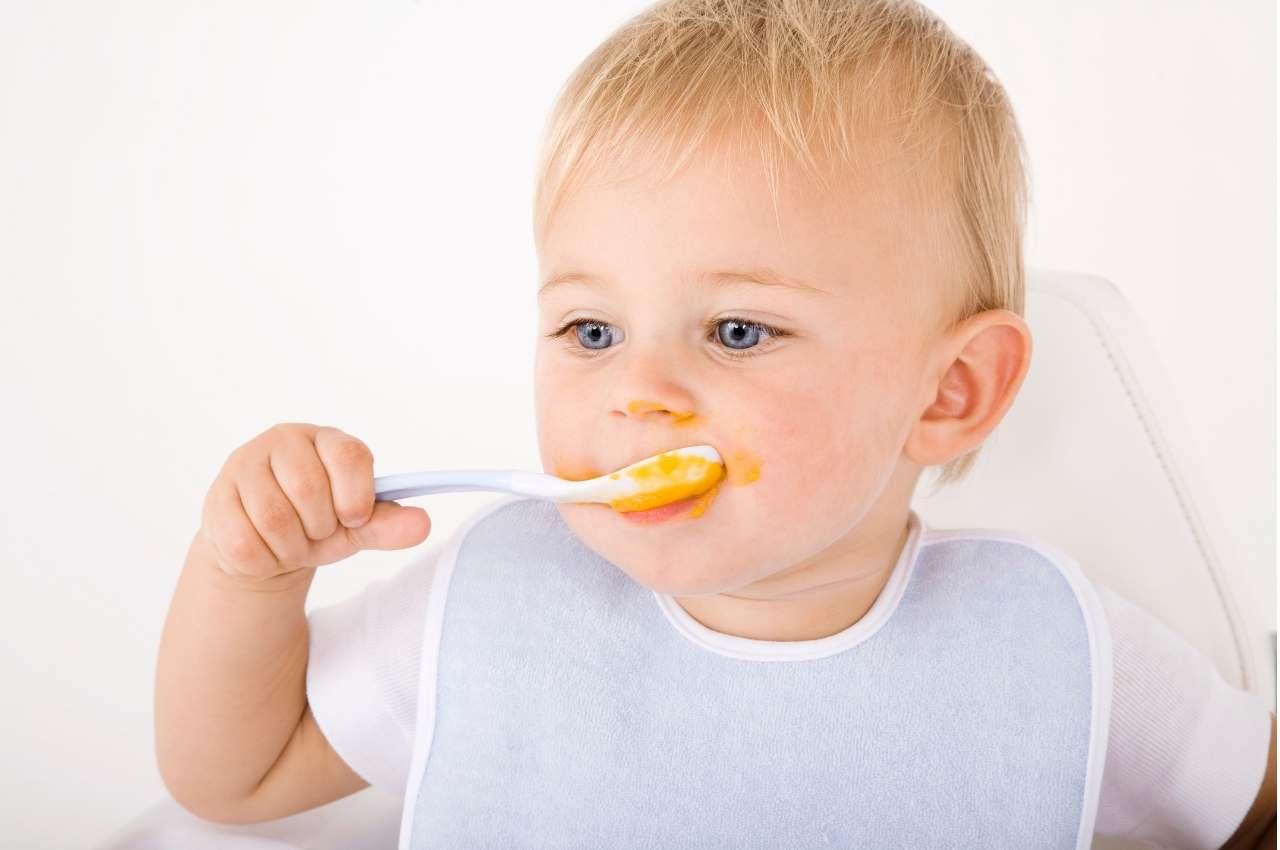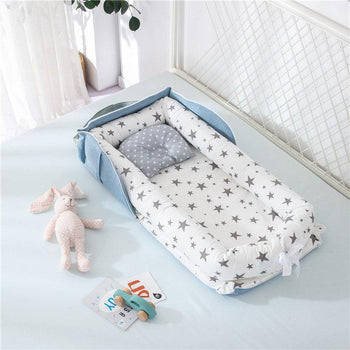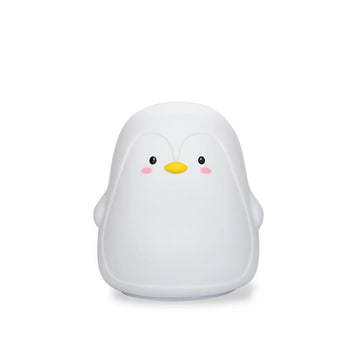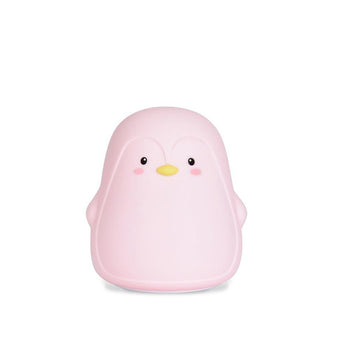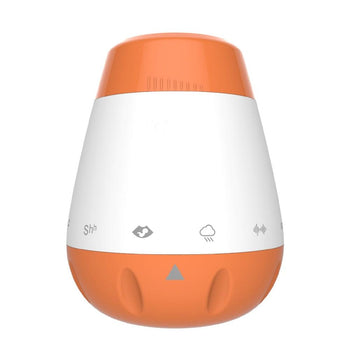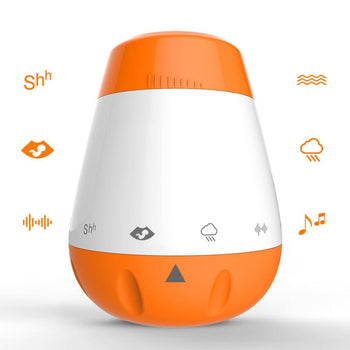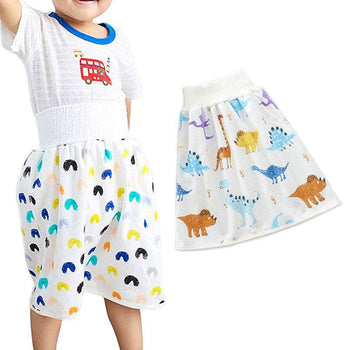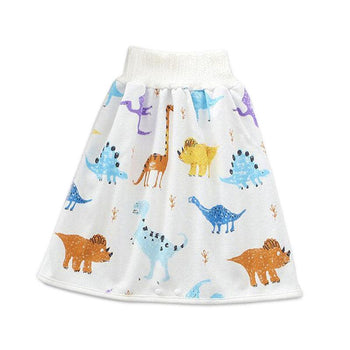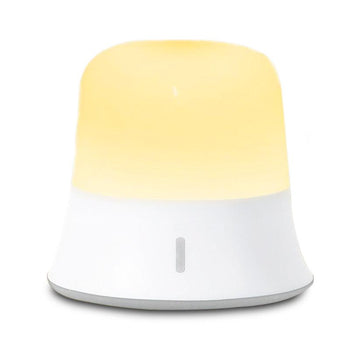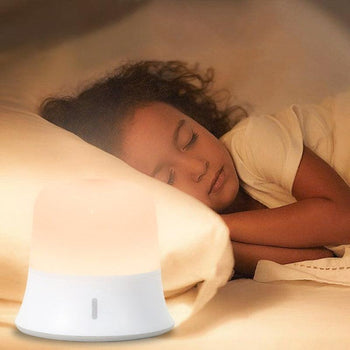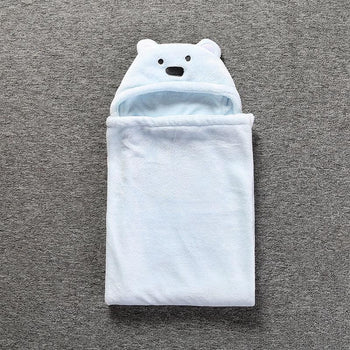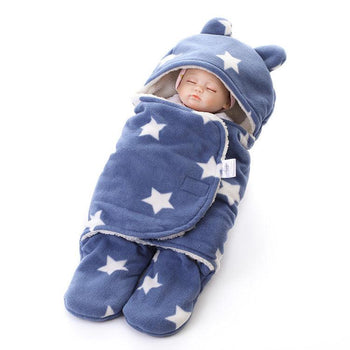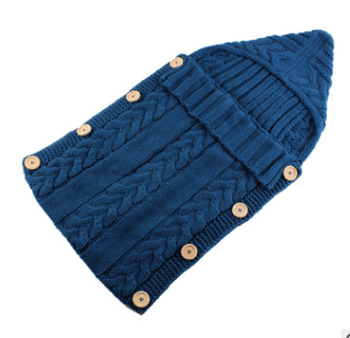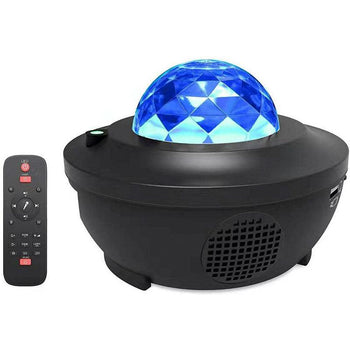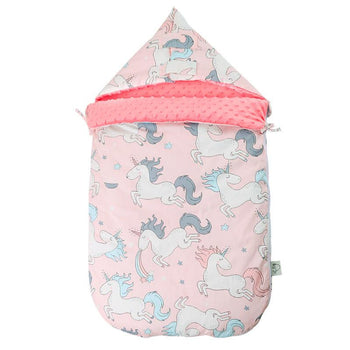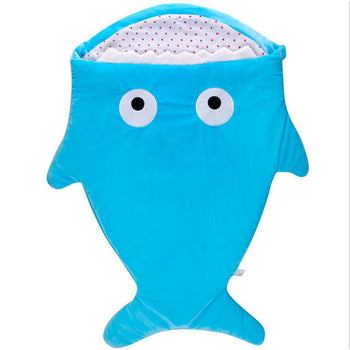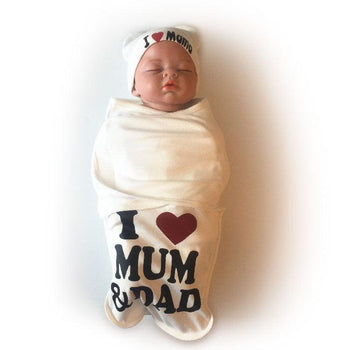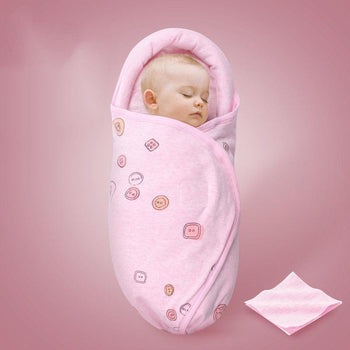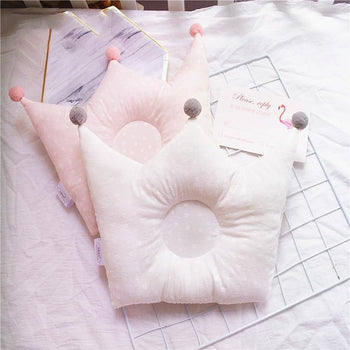It seems that the number of acid reflux in babies is on the rise. Often we talk to multiple parents and many of them have babies with reflux. Although it seems to be diagnosed more these days, babies with reflux is not a new occurrence and is quite common.
This article is about regurgitation, infant reflux and how it can affect your baby's sleep .
What is acid reflux in babies?
What is reflux in the first place? Gastroesophageal reflux disease is the medical term and others know it as GERD. This means that the contents of the stomach back up into the esophagus . "A return" is the concept of "reflux". Seen like that, it seems normal. Babies are notorious for spitting up a lot and I'm sure we can all appreciate how adorable newborn clothes are, but for a few hours they're on your baby and you're doing the laundry every day because of the spitting up !
Why do babies spit up then?
Due to an immature digestive tract , the baby spits up or has reflux. The digestive tract will expand and less stomach contents will be regurgitated as your baby grows. The muscle ring that connects the esophagus to the stomach in a baby is flexible and becomes firmer as your baby grows. By the age of 12-18 months, most babies get rid of spit up and reflux.
What are the signs of reflux and its symptoms?
Of course, the main symptom is spitting up (usually after a meal, but not always), but if your baby has a "silent ebb", he can also be upset without spitting up. During a meal, your baby will always be fussy and some may even cry when you feed them. During or after feeding, you may hear gurgling sounds .
If your child cries a lot after a meal while lying on their back, they may have pain from food coming up. If your baby eats smaller, more frequent meals, he may have reflux if he refuses to eat larger bottles than other babies his age (within reason).
Should you be worried about regurgitation and reflux in your baby?
Some spitting up is common for most babies and doesn't bother them too much. Some also call them "happy spitters". If your baby has enough wet diapers, is gaining weight well, and is happy and content elsewhere, your doctor probably won't prescribe reflux medication.
Immediately after spitting up or feeding, some babies will feel uncomfortable, but otherwise it can be fine, and these babies usually won't get medicine either. In more severe cases of reflux, your baby may not eat enough or spit up too much , and may have problems gaining weight.
Most children are simply depressed during the day and have more regular nighttime awakenings. Your doctor can prescribe medication for these babies, which we've been hearing more and more about lately. If you are concerned about your baby's spitting up and think they might be suffering from a more serious case of acid reflux or a more serious illness, please speak to your baby's doctor.
How does your baby's reflux affect sleep?
In general, babies with reflux need to eat smaller, more regular meals. This helps prevent the belly from getting too full, and therefore can increase the likelihood of food coming up. Your doctor may also recommend that you feed your baby in an upright position and hold them upright for a while (usually about 20 to 30 minutes) after the feed, before laying them on their backs.
Sleep Strategies - Tips
A baby with reflux will need special sleep strategies. Here are a few tips :
1/ Tilt the baby mattress.
Consider raising one side of the crib mattress so the baby sleeps on a slope. Of course, you should be aware that a mobile baby can roll too far to the other end of the bed. To prevent it from rolling too much, you can use a stabilizer.
2/ Have an appropriate method.
Will your baby be able to sleep for 12 hours straight, knowing he has reflux and wakes up every hour? Maybe, maybe not. That's not to say you can't improve your baby's sleep, and I urge parents to try the no-cry or limited-cry sleep training method, as too much crying can make reflux worse.
3/ Control reflux before sleep training.
For extreme cases of GERD, before helping your baby sleep better, I suggest controlling the reflux. If you're just starting out on medication, give him some time to see if the medication is working before you start teaching him new sleep habits.
4/ Adapt meal times.
Be sure to move the mealtime earlier for the bedtime routine if you are teaching him to sleep. If you have to hold your baby upright after a feed for 20 to 30 minutes longer, you increase the chances that he will fall asleep while being held.
Not a problem, unless he doesn't want to be carried around all night and he's no longer a newborn. We've learned that sleep associations play a major role in how your baby sleeps.
5/ Health is the number one priority.
You will need to wean your baby later than normal or later than other babies her age during the night. Your baby's health is the number 1 priority, and while sleep is also vital for growth and development, it's more important to make sure your baby is getting enough to eat.
Although it has been said that breastfed babies spit up less, during their first year my boys were spitting up and I breastfed. My youngest was spitting a lot! But luckily he was a "happy spitter" and we never had any serious reflux issues. Every day we go through multiple outfits and cloth diapers.
We have many clients who have babies with reflux. But once reflux is brought under control, either by medication or by changing habits, these babies with reflux, like all of us, become good sleepers.
How has your baby's reflux affected his sleep? Was he serious?
I hope this article has enlightened you on the subject. Feel free to share your experiences with us in the comments.
"Reader's special" offer
Take advantage of -30% on the entire collection >>> Sleep <<<
Take advantage of this special offer with the code
DODO30

